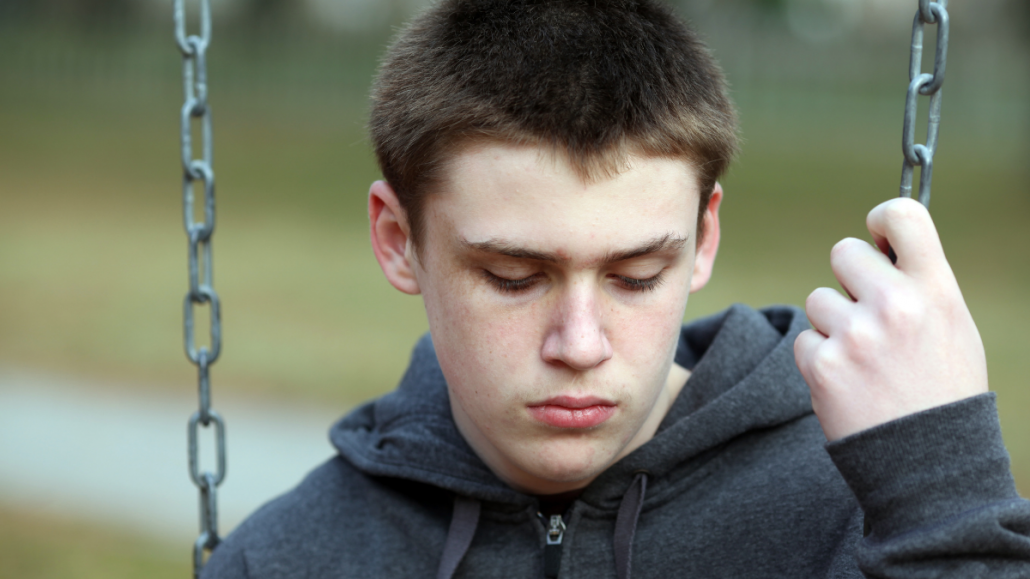Academic Awards Celebrate Successful School Year
The conclusion of the school year gave Mercy Home the opportunity to celebrate our young people’s academic and professional achievements...
July 9, 2025
March 17, 2025
At some point in our lives, most of us will have to deal with a traumatic event. Trauma can be difficult for anyone to process, but it can be especially difficult for children. Unfortunately, being exposed to trauma is a way of life for many kids, and takes place in many forms: physical abuse, emotional abuse, sexual abuse, neglect, exposure to domestic violence or gun violence. These experiences shape the way a child interacts with the world, and if left untreated, can lead to serious problems now, and in the future.
At Mercy Home, as of 2024, 78 percent of our children have suffered some form of abuse. Repeated exposure to trauma impacts people differently, but studies have shown that childhood trauma can lead to impulse control disorders. Impulsive behavior causes problems for children in their day to day lives, and as time goes on, their consequences become larger.
Impulsive behavior manifests itself in different forms, such as doing risky and dangerous things like jumping from heights or climbing buildings. But the majority of impulsive behavior that kids at Mercy Home exhibit comes in the form of aggression.
It’s crucial to identify trauma and impulse-control disorders as early as possible. As time goes on, the consequences resulting from these negative behaviors begin to escalate.

A failing grade or family problems can be consequences for young kids, but as they get older more severe consequences can take shape, such as losing a job, losing a home, or becoming homeless. And if this young person starts a family later in life, there’s a risk of them becoming abusive and perpetuating that cycle of trauma onto their kids.
Using our therapeutic model, the Mercy Model, we help our kids work through their trauma and behavioral issues on a number of levels.
One of the most important aspects in treating impulsive behavior is to provide a consistent and predictable environment. Once they are at Mercy Home, our kids know what they can expect in their daily lives and become acclimated to a regular schedule.
As they settle into a safe and stable home, we help our kids understand the emotions they are feeling and identify their impulsive tendencies through talk therapy. Once they recognize their impulsive behaviors, they can then learn to control them.
Yet talk therapy isn’t always the solution for healing trauma.
For a number of our kids, a lot of their trauma is rooted in their body. These kids, at very young ages, have been exposed to drugs, been abandoned or been abused. If they don’t have conscious memories of these events, a lot of this trauma can be locked in their bodies. Dealing with that trauma requires solutions that engage their bodies, more so than their minds.
Some therapeutic practices used to engage our youth physically include yoga, tai chi, dance therapy, and music therapy.
The variety of approaches we use to address trauma helps meet the needs of each individual child. It is thanks to the continued support of our donors that we are able to provide such great care for our kids. Our supporters are helping to break the cycle of trauma that is often passed down from generation to generation.
The conclusion of the school year gave Mercy Home the opportunity to celebrate our young people’s academic and professional achievements...
July 9, 2025
Following the last day of classes for Chicago Public Schools, our young people were greeted by Hope and Poppy, two...
July 9, 2025
At Mercy Home, we stress the importance of giving back to the community. Some of our young men spent a...
June 26, 2025
Comments